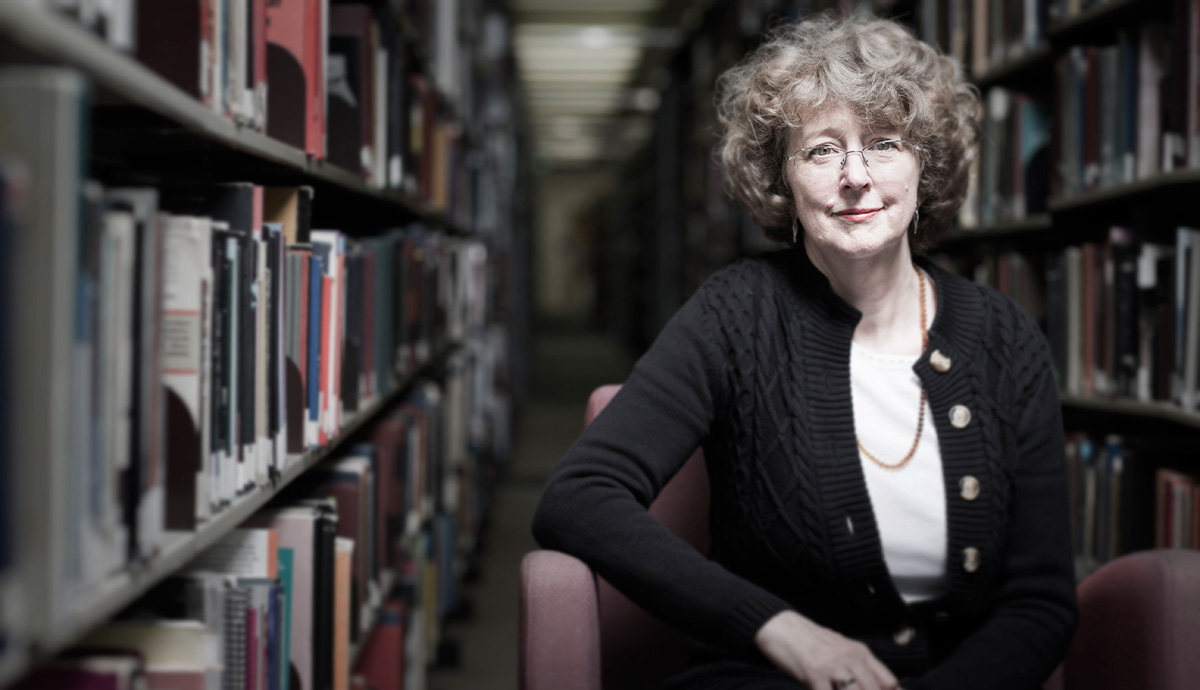June 29, 2015
Medical historian receives Harvard Fellowship
Researcher wins coveted Harvard Fellowship to research the history of female doctors.
Medical historian has won a coveted Harvard Fellowship to research the history of female doctors.
Professor McCarthy, from the , will travel to the Countway Library Harvard in October as part of the 2015-2016 Foundation for the History of Women in Medicine Fellowship.
While there, she will scour Harvard’s Centre for the History of Medicine archives to investigate the history of the internationalist ambitions of American medical women, particularly during the period up to the 1970s.
This project is extending work Professor McCarthy is undertaking with a team from the , an organisation that since its inception in 1927 has encouraged women to study medicine and helped them navigate a career in the traditionally male-dominated field.
“It has been a long and difficult struggle for women in the medical profession in Australia and around the world,” she said.
“The pioneer Constance Stone, who in 1890 became the first woman to be registered to practice medicine in Australia, had to study medicine in Canada because Australian universities would not admit a woman. Dagmar Berne, who was the first woman to be accepted into an Australian medical program, nevertheless felt she needed to complete her studies overseas as the opposition to her was too strong.
“While Australian universities had by 1900 opened their doors to women medical students it has still taken almost 120 years for the number of medical graduates to reach parity between the sexes.”
However, Professor McCarthy said that women still report facing barriers and sexist stereotypes leading to career barriers.
“Research continues to show that medical women are treated differently from their male colleagues, have different work styles, and can expect different access to specialist and other senior medical positions.”
Professor McCarthy points to the
“It seems every few years another ‘scandal’ erupts when women speak out about the difficulties they face in the workplace. The most recent one followed the comments by a Sydney vascular surgeon who suggested that it could be easier to give in to sexual importuning than to make a complaint about harassment and bullying, as complaints have led to ruined careers.
“And of course this is not just in Australia. In Britain last year a surgeon suggested that women medical practitioners were ruining the health service!”
In order to truly understand how we might solve these issues, Professor McCarthy said we must examine the past and learn from both our mistakes and our successes.
“Much changed for medical women during the 20th century,” Professor McCarthy said.
“For a start the number of women grew; women represented around 5 per cent of the new student intake in medical schools in Australia, the US and the UK at the beginning of the century, but were up to around 50 per cent by its close – in some medical schools there were more female students than male.”
Professor McCarthy said women in medicine have also been more “visible” in recent years, with women occupying some of the top medical governance roles around the world, including as the President of the Royal Australian College of Physicians (Priscilla Kincaid-Smith, 1986), the Australian Medical Association (Kerryn Phelps, 2000-03) and the Federal Minister for Health (Carmen Lawrence, 1994-96).
“Women-only organisations have been important for women’s careers throughout the 20th century and are still crucial today,” she said.
“By investigating how these organisations have responded to the issues of the day – and what those issues were – will help us to identify those successful strategies of the past to help inform the issues of the present.”
The Fellowship is a joint program by the , Countway Library Harvard, one of the world’s leading collections in the history of health care and medicine, and the
